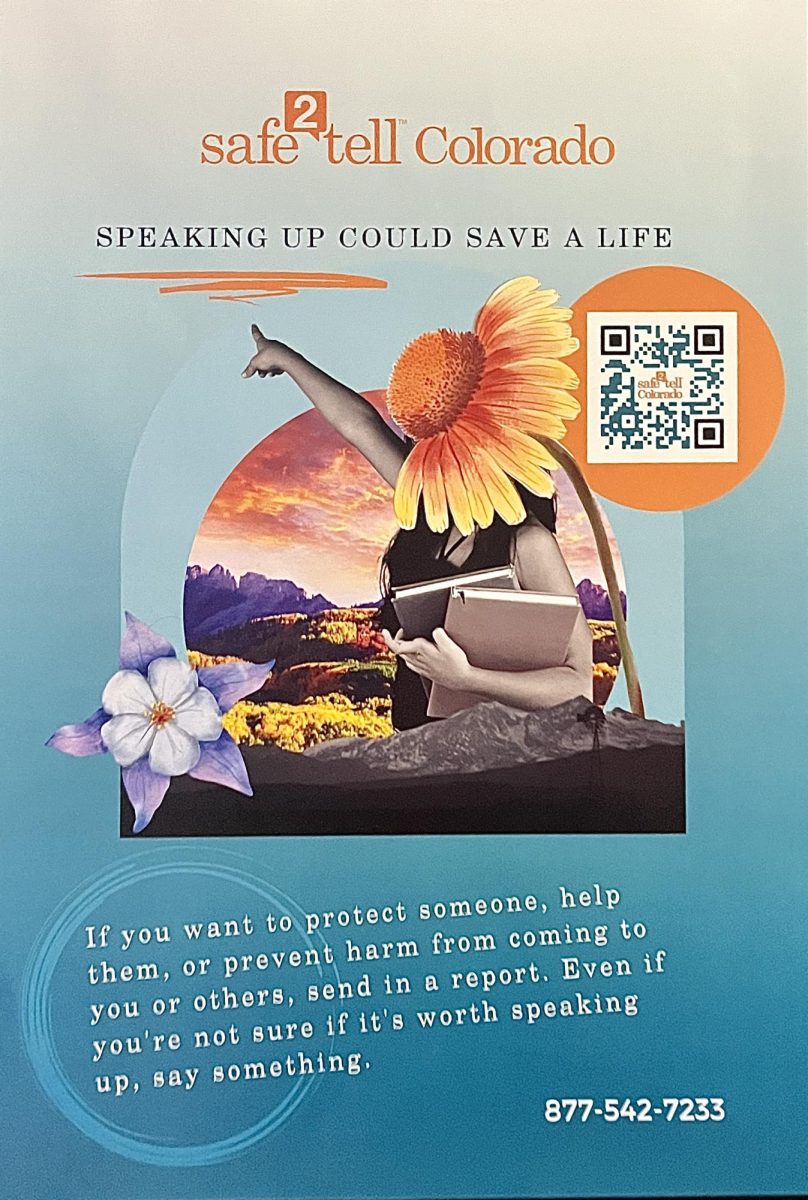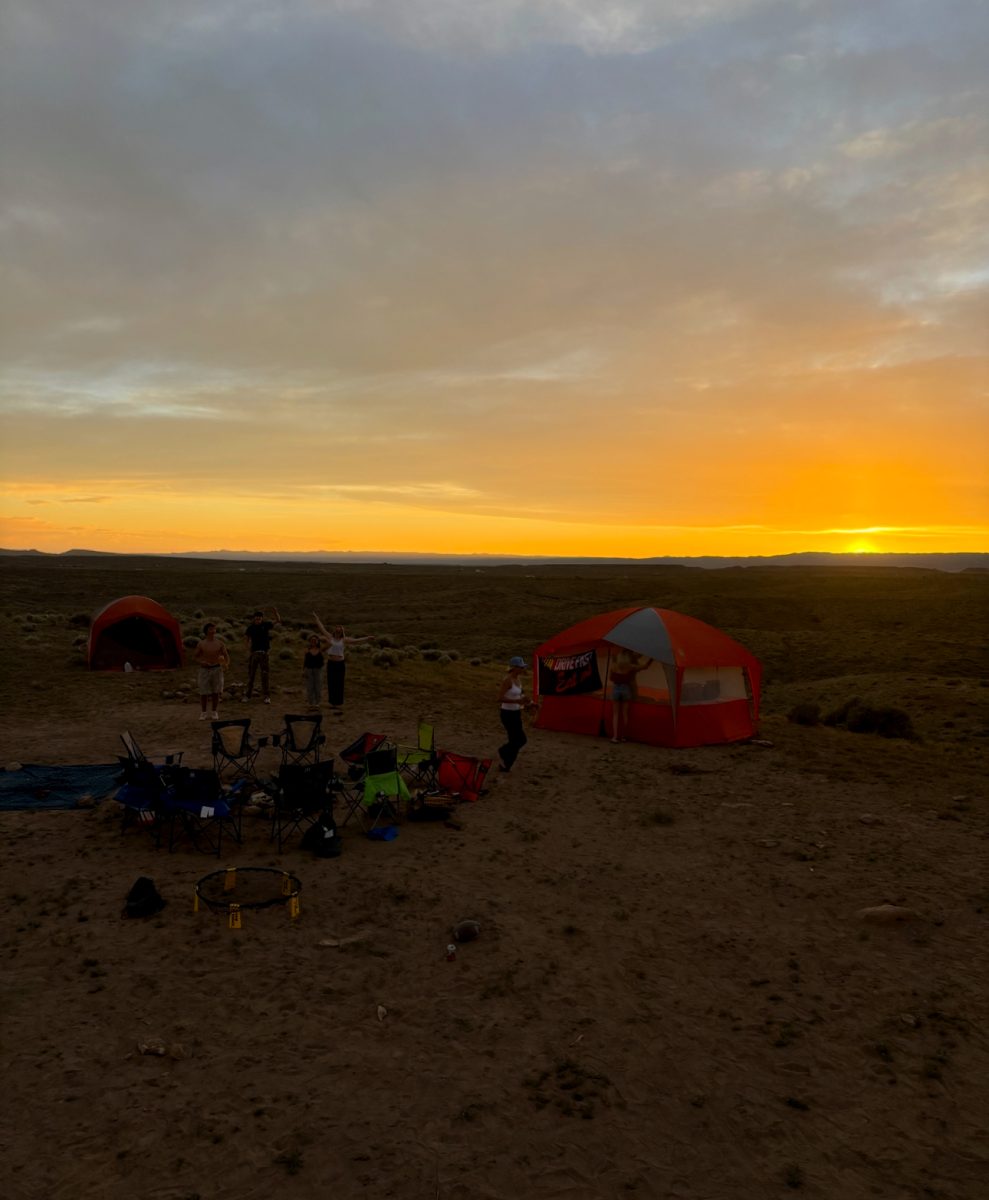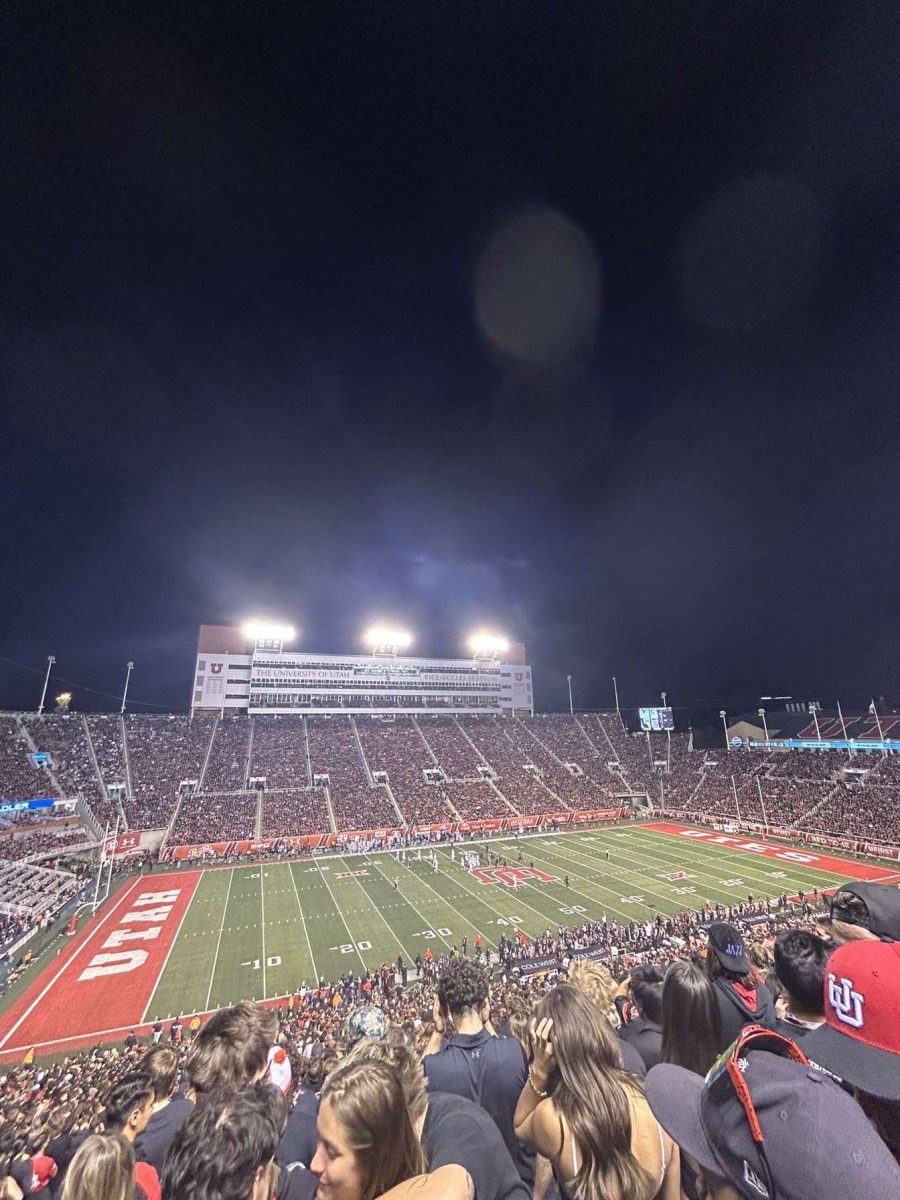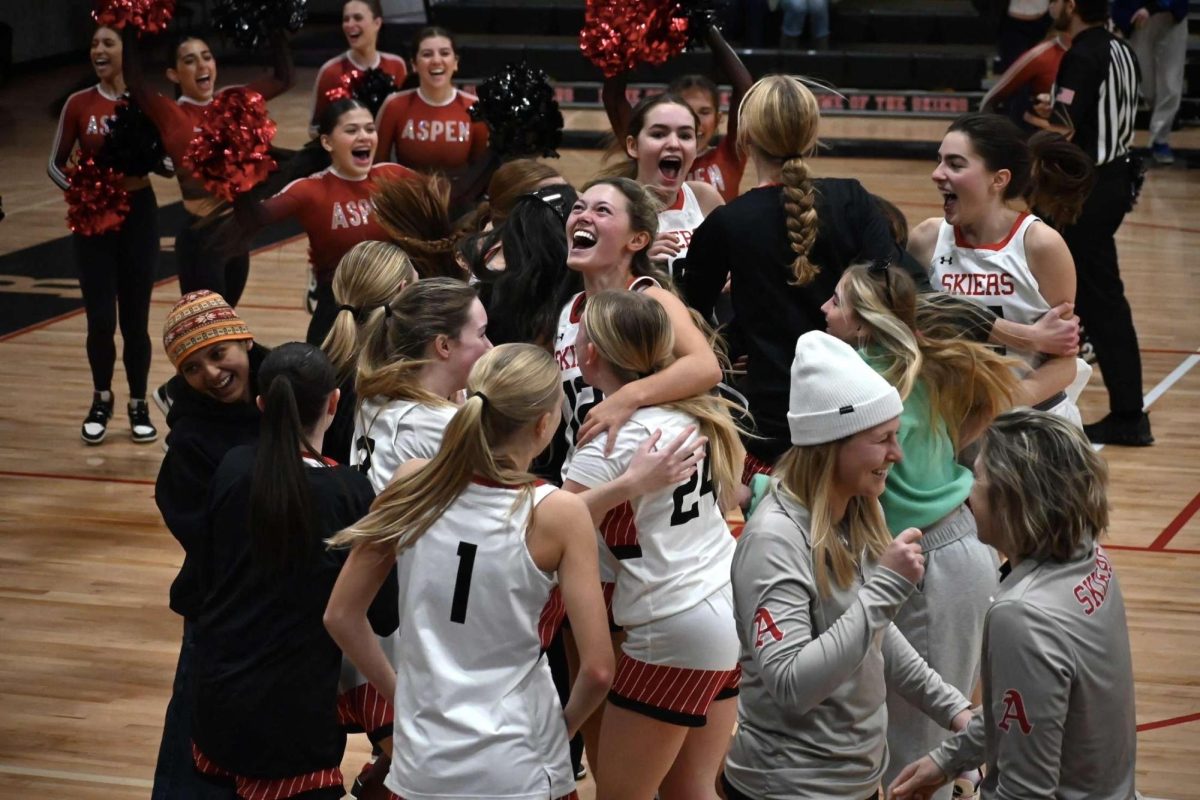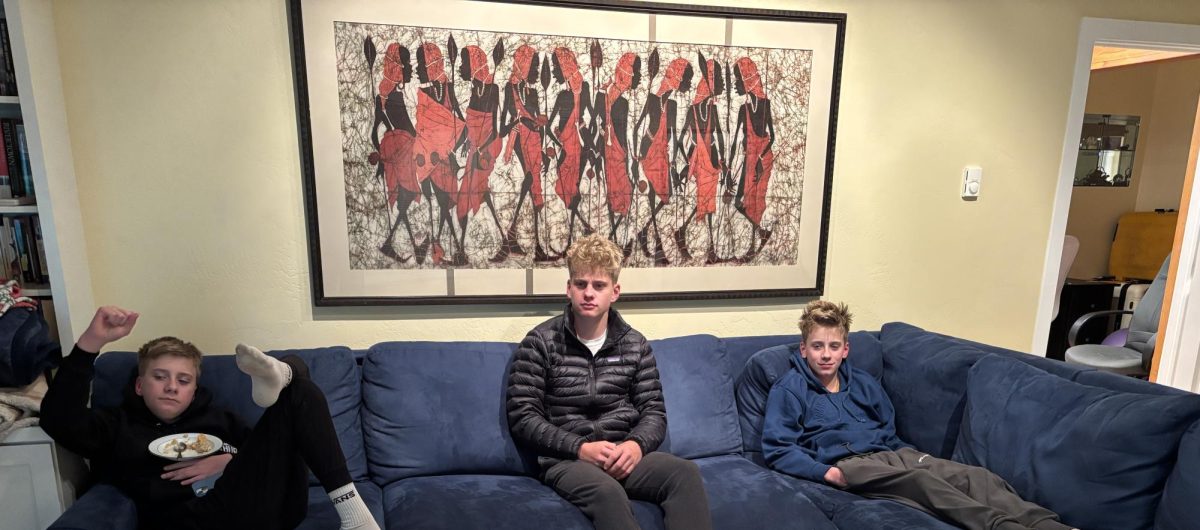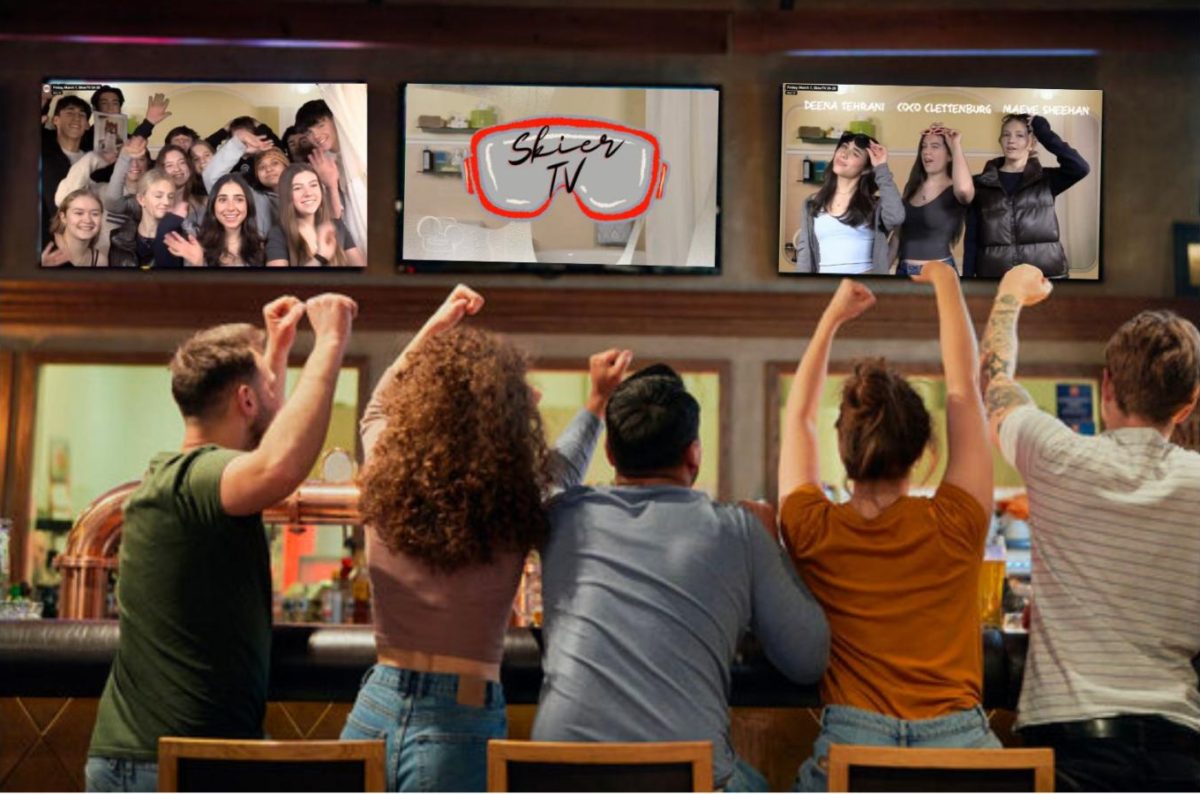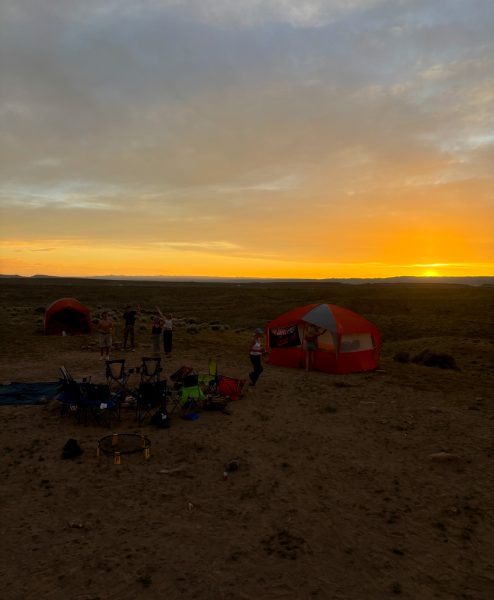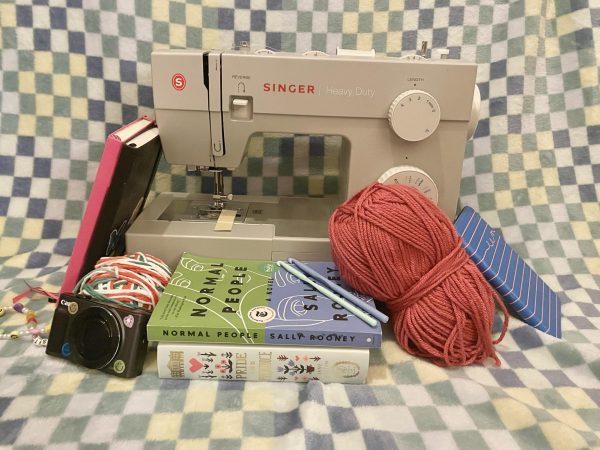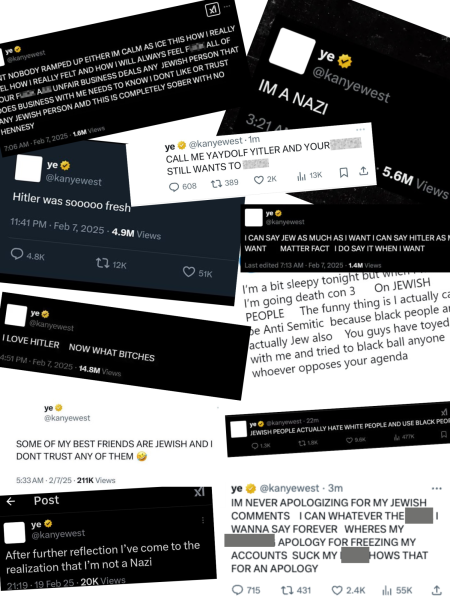Rap influenced by mental health
Photo courtesy of Albert L. Ortega
Photo courtesy of Getty Images. Kid Cudi at HBO’s season 3 premiere of “WestWorld”.
The National Alliance on Mental Health (NAMI) states that 1 in 5 adults experience a type of mental illness each year.
Modern day America has turned a blind eye on rappers affected by mental health despite the influence mental illness has had on rap culture as a whole.
Some of the biggest names in rap have shared their experiences with mental health but the lyrics are often overlooked and go unnoticed. For instance, in Kid Cudi’s song, Soundtrack 2 My Life, he displays suicidal ideations as he says, “And a happy ending would be slittin’ my throat”.
Although these lines seem concerning, Cudi’s frequent talk about mental health has helped break the silence for other celebrities like Pete Davidson and fellow rapper Travis Scott to open up about their experiences with mental health. Both Davidson and Scott have explicitly said during interviews with The Breakfast Club and Hot 97, that Kid Cudi has saved their lives, through pouring out his own personal emotions and letting others know they aren’t alone when dealing with depression and other mental illnesses. Likewise, Cudi is aware that he has a platform to help others deal with their own pain.
“I try and think about myself as a sacrifice, just to show the kids they ain’t the only ones who up at night” Cudi writes later in the song Soundtrack 2 My Life.
For some rappers, making music has helped them cope with their mental illness. Kevin Gates talks about the benefits he receives from creating music in his 2014 interview with Power 106 Los Angeles.
“I have to make music. It’s therapeutic to me, I suffer from severe depression so that’s my only way to vent, that’s my only way to release.” Gates says.
Denzel Curry, a rapper from Florida, thinks that label companies should be responsible for helping the musicians learn to cope with anxiety and depression.
“Writing helps, music does help, but is it enough?” Curry said. “That’s why you go to therapy, for an escape.”
The problem for up and coming rappers is that health benefits are not included for their occupation and is most likely not a priority for touring artists. This is due to the stigma around black households not talking about mental issues within their family, as talked about during a Breakfast club interview with David Styles (StylesP).
”It’s difficult as a black man because we come up in households where we don’t really pay attention to family issues.” Styles explained after opening up about the tragic sucide of his daughter. The Royal Mountain Records founder, Menno Versteeg, took a huge step to helping artists cope with mental illnesses. The label started a fund dedicated to getting the help needed for those to learn how to deal with these mental illnesses.
An article with popular streaming service; Spotify explains this fund, “[The fund will give signed musicians] access to $1,500 annually for mental health care on a no-questions-asked basis” Stuart Berman explains.
This is extremely important for people in this creative field because they are more susceptible to mental health issues, as Dr. Inger Burnett talked about it in an interview with Genius.
“There is substantial research that demonstrates that creatives are more likely to suffer from depression and bipolar disorder,” Burnett said.

Brenon is a senior at Aspen High School. This will be Brenon's third year writing for the Scribbler. During his free time, Brenon loves to...



